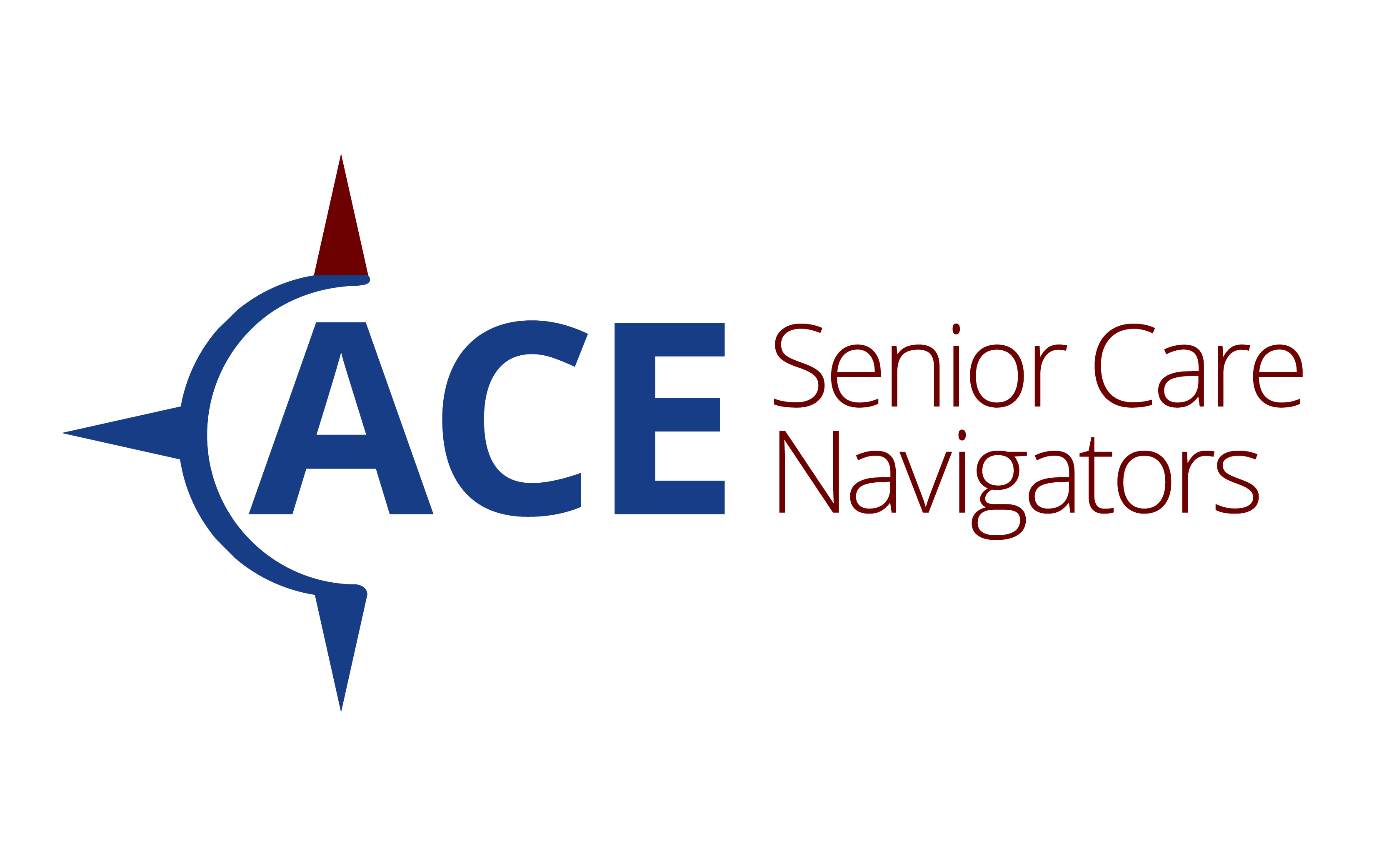Paying for Senior Care

Who among us isn’t concerned with paying for Senior care? Whether you’re a Senior, a loved one, or a professional who works with Seniors, how to fund the medical and functional care that Seniors need is an ever-present matter. Amy Cohen of ACE Senior Care Navigators and Jackie Melinger of My Personal Bookkeeper are presenting on “Paying for Senior Care and Services” (details and registration here), and we hope you can join us! Either way, we wanted to share some important information about the affording the cost of Senior care and services:
Let’s start here: Senior Care is EXPENSIVE!
- Adults 65+ make up 17% of the population but account for 37% of all healthcare expenditures (CMS, 2024)
- In 2020, the average adult 65+ spent $22,356 on healthcare expenditures (CMS, 2024)
- The projected cost of managing Alzheimer’s disease is $360 million in 2024 and is expected to increase to $1 trillion in 2050 (CDC, 2024).
- About $50 billion is spent annually on medical costs related to non-fatal falls by adults 65+, with $754 million spent on fatal falls (CDC, 2020).
- The nationwide average for monthly memory care costs is $7500 (CNN, 2023)
So where does this leave the average family with paying for Senior care? Well, that depends on the setting:
Hospitals
What Medicare pays for your hospital stay depends on if you are there under admission or observation. Under admission status, Medicare beneficiaries have a deductible of $1632 (for 2024) each benefit period. After that deductible, short-term hospital costs are covered. Longer-term (over 60 days) stays do have some out-of-pocket costs. But, if you are there under observation status, Medicare covers your care as if it were provided on an outpatient basis. As in, they cover 80% of your care, while you – or your supplemental insurance, if you have it, are responsible for the remaining 20%. It is always important to find out your status at the hospital and advocate for admission for this reason. You can find more information on Medicare’s coverage of hospital stays here. And of course if you have a Medicare Advantage plan or other private insurance, your coverage may be different.
Facilities
This refers to places like independent living communities, assisted living communities, memory care communities, and skilled nursing facilities (nursing homes). Many people think that Medicare covers residence and care in these facilities, however Medicare does not cover facility costs. These are an out-of-pocket expense for most families, unless the Senior is a Medicaid beneficiary, resides in a VA facility, or has a long term care insurance policy that covers the cost of such facilities. Medicare does cover some inpatient rehab at a skilled nursing facility following a qualifying hospital stay, but Medicare Advantage plans and other private insurance plans vary in their coverage for this service.
Caregiving
In-home caregivers are another out-of-pocket cost that Medicare does not cover. Depending on your state, Medicaid may offer some support for caregiving costs if your Senior is a Medicaid beneficiary. Seniors who are veterans may also qualify for financial support for caregiving as well. Many local area agencies on aging (for example, the North Shore Senior Center) offer an annual respite assistance benefit for Seniors covered by the agency. And, some condition-specific foundations, like the National Multiple Sclerosis Society, offer respite care funding for individuals impacted by that specific condition.
So how can we afford services?
While many Senior care costs, especially those that are non-medical in nature, are out of pocket, there are many avenues by which families can pursue funding. Tax deductions are available for families providing care, and local needs-based programs through your specific Area Agency on Aging. You may qualify for a reverse mortgage on your home, or you may find that the sale of your home for a more modest one or facility living is an option. And while this isn’t always a “good deal,” some Seniors with cash-back options on their life insurance policies do choose to go that route. We always recommend speaking with a certified financial planner about your options, the sooner, the better, even if you are financially comfortable.
And for more information about how geriatric care managers support Seniors and families with getting the most bang for their buck with Senior services, check out our blog post on the topic here. We hope you can join Amy and Jackie for their upcoming presentation on Paying for Senior Care and Services. As always, we’re here to support you and your family throughout the aging process. Reach out today to learn more.




